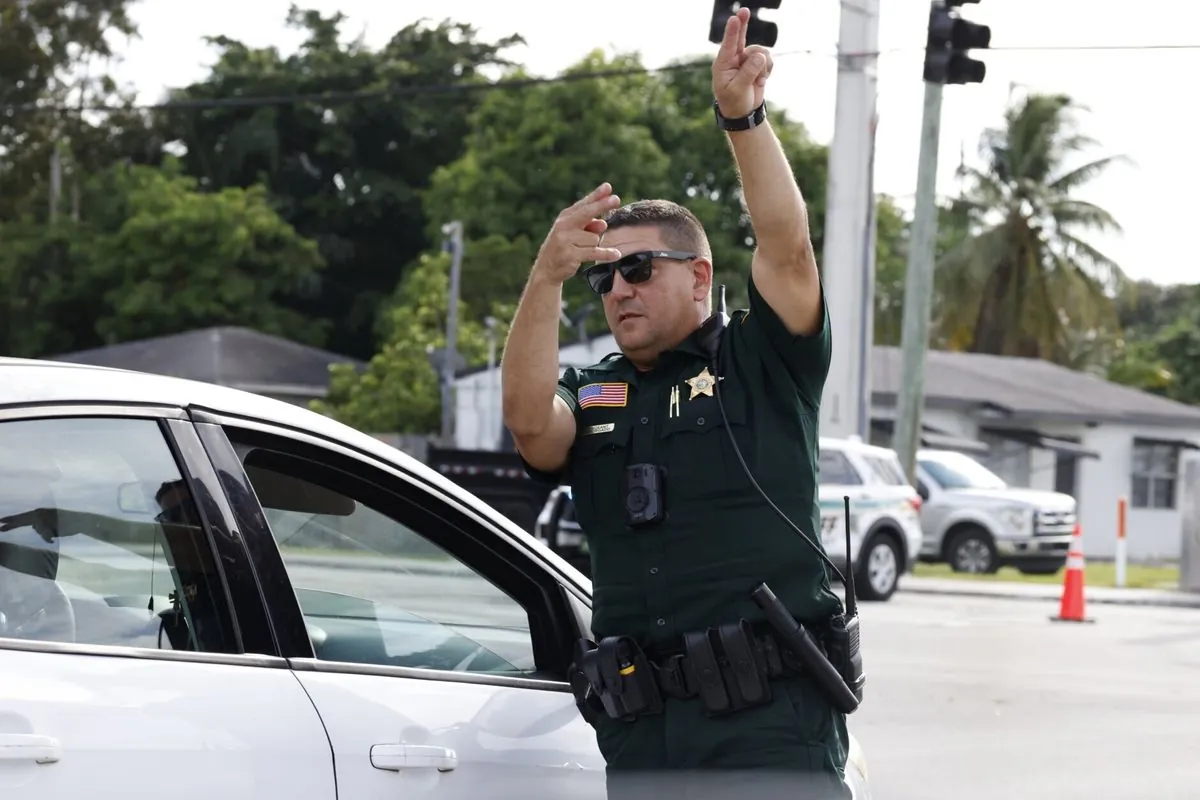The security of former U.S. presidents while engaging in leisure activities has long been a concern for the Secret Service. This issue has gained renewed attention following recent incidents involving Donald Trump at his private golf clubs. The agency, established in 1865 and tasked with presidential protection since 1901, faces unique challenges in safeguarding the former president during his frequent golf outings.
On September 15, 2024, a gunman approached within 500 yards of Trump at his West Palm Beach golf club, marking the second potential assassination attempt in two months. This incident has intensified scrutiny of the Secret Service's protective measures and highlighted the complexities of securing open environments like golf courses.
Trump's preference for golfing at his own properties presents specific security challenges:
- Proximity to public roads
- Limited perimeter control
- Predictable routines
- Public accessibility of the clubs
These factors combine to create what security experts describe as a "nightmare scenario" for protective services.
The Secret Service employs various strategies to mitigate risks during presidential golf outings, including:
- Countersniper teams positioned ahead and behind the president
- Drone surveillance
- Protective intelligence agents assessing potential threats
However, the reduced security detail for former presidents compared to sitting ones creates additional vulnerabilities.
Historical context provides insight into the evolution of presidential golfing security. William Howard Taft, the first golf enthusiast president (1909-1913), faced minimal security concerns. By contrast, Dwight D. Eisenhower's frequent golfing in the 1950s necessitated the construction of a special cabin with Secret Service quarters at Augusta National Golf Club.
The Secret Service has adapted its approach over time, with some presidents altering their habits for safety reasons. Ronald Reagan, for instance, largely gave up golfing after a 1980s incident at Augusta National, citing concerns for public safety.
Trump's insistence on maintaining his golfing routine, despite warnings from security professionals, underscores the ongoing challenge of balancing personal freedom with protective measures. The recent incidents have prompted calls for increased funding and a reevaluation of security protocols for former presidents.
"It was certainly an interesting day! THE JOB DONE WAS ABSOLUTELY OUTSTANDING."
As the Secret Service continues to refine its strategies, the agency must navigate the complex interplay between ensuring safety and preserving the personal liberties of those under its protection. The ongoing situation with Trump's golfing habits serves as a stark reminder of the ever-present risks faced by public figures and the constant vigilance required to mitigate them.
